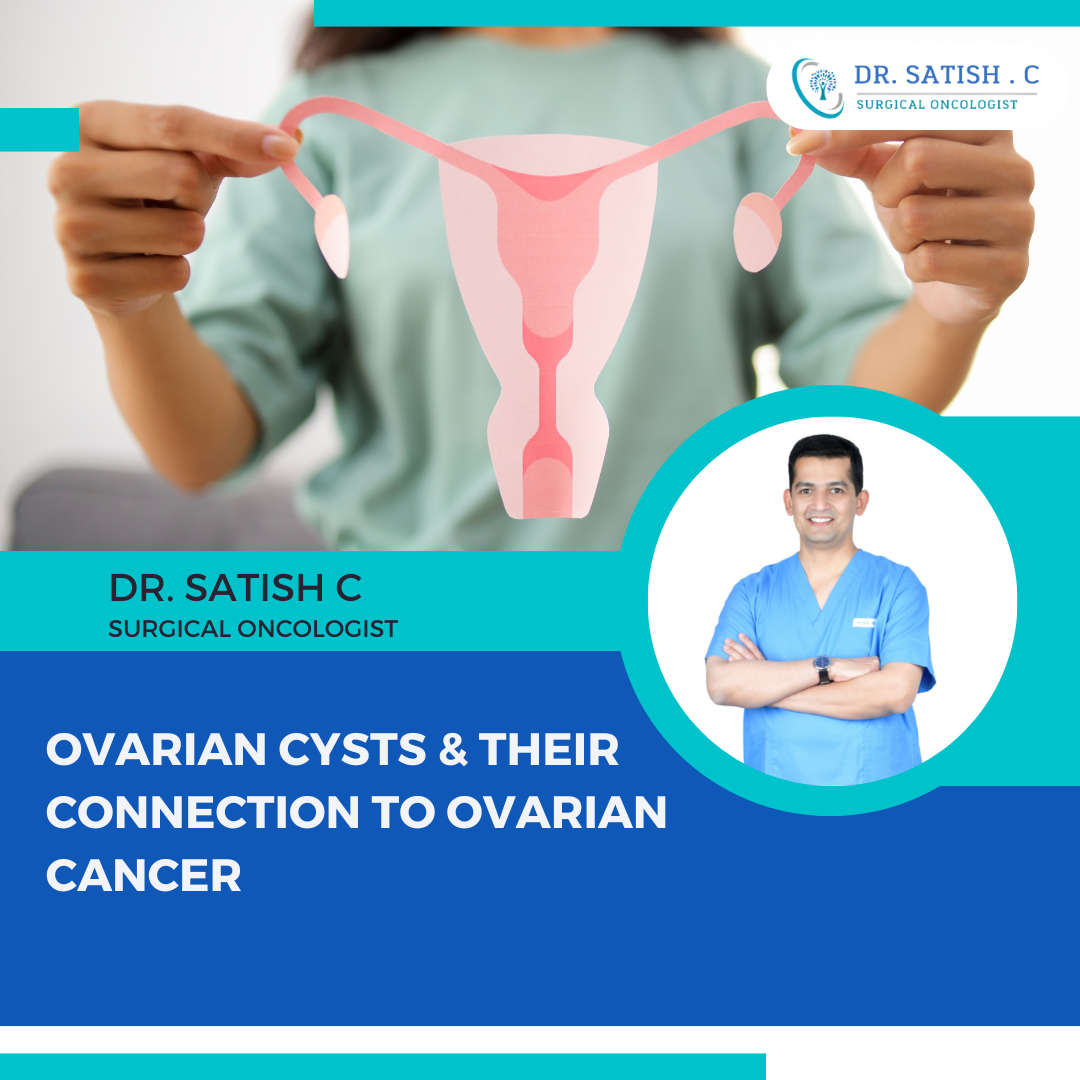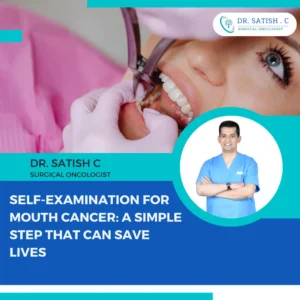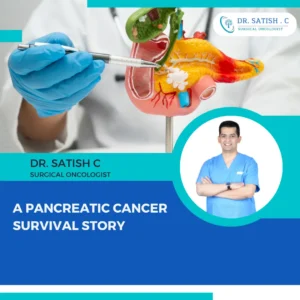Ovarian cysts are quite common among women, especially during reproductive years. Most of the time, they are harmless and go away on their own. But since the ovaries are also the site where ovarian cancer can develop, many women worry if an ovarian cyst could mean Ovarian cancer.
What Are Ovarian Cysts?
- Ovarian cysts are fluid-filled sacs that develop on or inside an ovary.
- They often occur as a part of the menstrual cycle.
- Most cysts are functional cysts that disappear naturally in a few weeks.
Do Ovarian Cysts Mean Ovarian Cancer?
- The good news is that most ovarian cysts are not cancerous.
- However, some cysts—especially in women after menopause—require closer evaluation.
- Complex cysts (with solid areas or irregular growth) may need further testing.
Risk Factors for Ovarian Cancer
While cysts don’t usually cause cancer, certain factors can increase the risk of ovarian cancer:
- Family history of ovarian or breast cancer
- Inherited gene mutations (like BRCA1 or BRCA2)
- Age (risk increases after menopause)
- Long-term hormone therapy
When to See a Doctor
Consult a surgical oncologist in Bangalore if you notice:
- Persistent bloating or abdominal swelling
- Pelvic pain or pressure
- Changes in menstrual cycles
- Unexplained weight loss
- Difficulty eating or feeling full quickly
FAQs on Ovarian Cysts & Cancer
1. Are all ovarian cysts dangerous?
No, most are harmless and resolve on their own. Only certain complex or persistent cysts need further tests.
2. How can doctors tell if a cyst is cancerous?
Ultrasound, blood tests (like CA-125), and sometimes surgery help doctors identify if a cyst is benign or cancerous.
3. Can ovarian cysts turn into cancer over time?
It is rare. Most ovarian cancers do not start as simple cysts, but regular monitoring is important.
4. Should postmenopausal women be more careful?
Yes, cysts after menopause have a higher chance of being suspicious and should always be evaluated.
Conclusion
Ovarian cysts are common and usually harmless, but they should not be ignored—especially if they persist or cause symptoms. Early detection and proper evaluation make all the difference when it comes to ovarian health.




